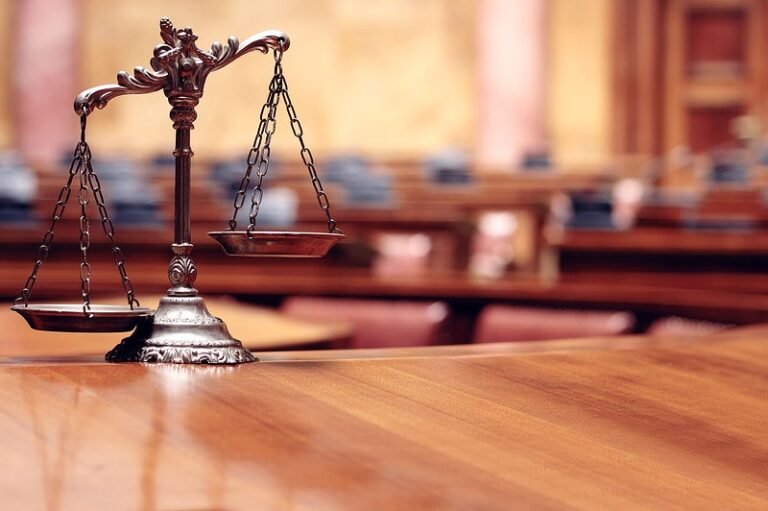
📋 Table of Contents
▼The Haryana government has introduced a fresh set of rules to improve the functioning of Resident Welfare Associations (RWAs), aiming to curb the long-standing issues of membership disputes, election delays, and mismanagement. These changes, issued under the Haryana Registration and Regulation of Societies Act, 2012, come as part of the state’s efforts to bring more accountability, transparency, and fairness in the governance of residential societies.
Why This Matters
RWAs play a crucial role in managing residential societies, yet many struggle with internal conflicts, unauthorized appointments, and delayed elections. The new guidelines are intended to address these systemic issues with clearer protocols and stricter oversight mechanisms.
Key Provisions of the New Guidelines
1. Administrator Appointment Rules Redefined
- If a society’s governing body is functioning on an ad hoc basis or lacks a valid elected committee, the registrar must appoint an administrator.
- This administrator must be a serving or retired Class-I officer from the central or state government or a statutory authority.
- The administrator’s tenure is initially limited to 3 months, extendable by another 3 months. If elections are not held within this six-month period, the current administrator or ad hoc body must be replaced.
- Re-appointments can only be done with prior approval from the registrar general.
- One person cannot oversee more than two societies at a time, and repeat delays in conducting elections may lead to a ban on future appointments.
“These reforms are designed to prevent the misuse of administrator positions and to ensure elections happen on time,” said a senior official from the Haryana Registrar’s office.
2. Stricter Controls on Membership Disputes
- Only genuine claimants to membership or those wrongfully removed can file petitions. This effectively bars third-party interference.
- The power to induct new members lies solely with the governing body of the RWA.
This measure is expected to significantly reduce frivolous disputes and promote a more orderly induction of society members.
3. Election Dispute Resolution
- The registrar has the discretion to halt or proceed with elections if a dispute arises.
- The intent is to avoid unnecessary delays in democratic processes and ensure stability within RWAs.
“Election stalls have long been a tool to prevent transitions in power. The new rules curb that misuse,” noted a Gurgaon-based RWA president.
Implications for RWAs in Haryana
These changes mark a significant shift towards transparency and efficiency. RWAs that have previously been marred by infighting or procedural delays will now face stricter timelines and accountability mechanisms. Administrators can no longer overstay or stall elections indefinitely.
For residents, the revised framework promises smoother society governance, quicker dispute resolution, and more responsive administration.
Key Takeaways
- Haryana has redefined RWA administration rules to enforce stricter accountability.
- Only valid members or those wrongfully removed can contest membership issues.
- Election timelines are to be strictly adhered to, with penalties for delays.
- Administrators now face term limits and performance scrutiny.
FAQs
Q1. What prompted the Haryana government to update RWA guidelines?
The update stems from growing complaints regarding misuse of administrator appointments, stalled elections, and unresolved membership disputes across various residential societies. The government aims to enhance transparency, ensure democratic functioning, and reduce litigation.
Q2. Who can now be appointed as an RWA administrator under the new rules?
Only a serving or retired Class-I officer from the central/state government or a statutory authority can be appointed. This change ensures a higher level of professionalism and accountability.
Q3. What is the time limit for administrator tenure?
The maximum tenure is six months — an initial three months, extendable once. If elections are not held within this period, the administrator must be replaced.
Q4. Can the same person be appointed as administrator in multiple societies?
No. A person can only oversee up to two societies simultaneously. Any delay in elections under their charge may disqualify them from future appointments.
Q5. What new rules have been introduced to resolve membership disputes?
Only legitimate claimants — such as those denied rightful membership or wrongfully removed — can challenge the status. This reduces frivolous objections and keeps governance focused.
Q6. Who can induct members into an RWA?
Only the governing body has the authority to induct new members, as per the revised guidelines. This eliminates confusion and power tussles over membership rights.
Q7. Can ongoing election disputes stall the RWA election process?
Not necessarily. The registrar has the authority to decide whether elections should be halted or proceed, depending on the merits of the dispute. This balances due process with timely governance.
Q8. How will these changes benefit society residents?
Residents can expect better governance, timely elections, fewer internal disputes, and more transparent handling of society affairs. The new rules also protect against long-term administrative takeovers.
Q9. Are these rules applicable across all cities in Haryana?
Yes. The revised RWA guidelines apply to all residential societies registered under the Haryana Registration and Regulation of Societies Act, 2012, irrespective of the district or city.
Q10. Where can society members access the full updated guidelines?
The updated RWA rules are available through the office of the Registrar of Societies, Haryana, and will soon be published on the official government website for public access.
Part of the NCR Guide editorial team, covering news, real estate, food and lifestyle across Delhi NCR.
Get NCR Guide in Your Inbox
Join thousands of Delhi NCR residents who start their day with our morning brief — top stories, real estate updates, events and deals.




